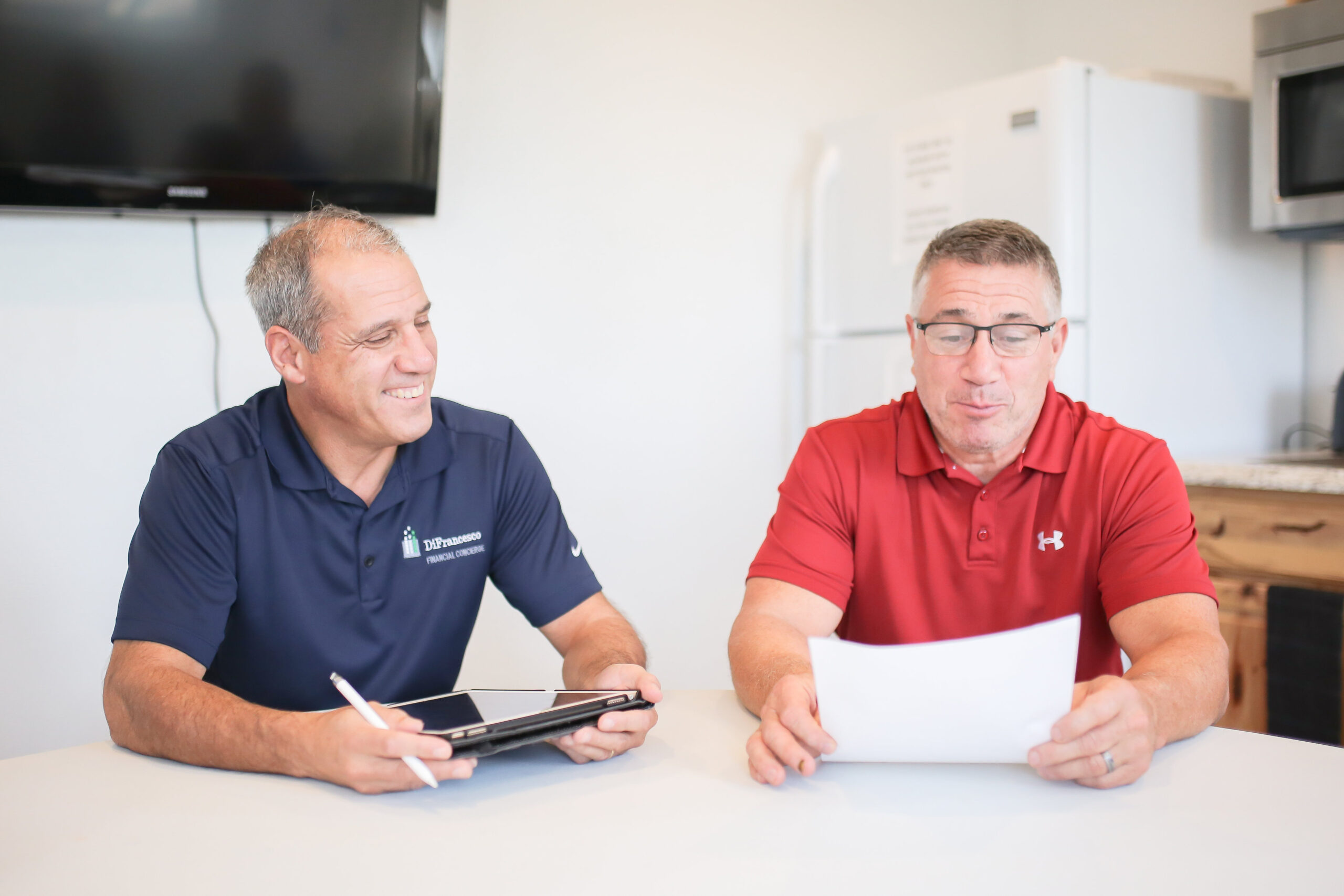Running a successful collision repair business involves navigating many challenges, but what happens when the unexpected strikes? Crisis management is essential for ensuring business continuity and protecting your company’s value.
In this article, we will explore the importance of preparing for unforeseen events and how High Lift Financial, led by Matt DiFrancesco, a Certified Exit Planner (CExPTM), can help you develop a comprehensive crisis management strategy tailored to the unique needs of the collision repair industry.
If you plan to sell your business soon and need an exit strategy, schedule a free 20-minute conversation with Matt DiFrancesco. Discuss your vision and find out how you can adjust the nuts and bolts of your business and life to become prosperous.
Identifying Potential Crises: Assessing Risks in the Collision Repair Industry
The first step to effective crisis management is identifying potential threats to your business. For example, the collision repair industry may include natural disasters, supply chain disruptions, sudden loss of key personnel, or even a significant economic downturn.
By assessing these risks, you can create a proactive strategy that prepares your business for the unexpected and helps you maintain operational stability.
Developing a Crisis Management Plan: Laying the Groundwork for Resilience
Once you have identified potential risks, it’s time to develop a comprehensive crisis management plan. This plan should include communication, decision-making, and resource allocation protocols during an emergency.
Additionally, it should outline the roles and responsibilities of key personnel, establish emergency response teams, and detail the necessary steps to safeguard the business’s reputation and financial stability.
Implementing Crisis Prevention Measures: Safeguarding Your Business Operations
While it’s impossible to predict every crisis, you can take steps to reduce the likelihood of certain events impacting your business.
This includes implementing crisis prevention measures, such as routine equipment maintenance, maintaining a healthy cash reserve, and diversifying your supply chain, which can help you mitigate potential threats and safeguard your business operations.
So, by regularly reviewing and updating these measures, you can ensure that your collision repair business is prepared for the unexpected.
Covid-19 proved to be a crisis for many family businesses. Read how Dave Erb, the owner of West Penn Billiards and fine furniture, overcame the situation and pivoted at the right time.
Training and Education: Empowering Your Team to Handle Crises
Effective crisis management relies on a well-trained and knowledgeable team. Therefore, providing your employees with the necessary training and resources to handle emergencies is essential to maintain business continuity during a crisis.
This includes regular safety drills, first aid training, and ongoing education on industry best practices. Empowering your team to handle crises ensures your collision repair business remains operational during challenging times.
Business Continuity Planning: Securing the Future of Your Collision Repair Business
In addition to crisis management, business continuity planning is crucial for protecting the long-term viability of your collision repair business. This process involves developing a plan to ensure that your business can continue operating during and after a crisis.
Key components of a business continuity plan include identifying essential functions, securing backup resources, and establishing a clear recovery timeline. By implementing a business continuity plan, you can secure the future of your collision repair business and protect your legacy.
Partnering with High Lift Financial: Expert Guidance for Crisis Management and Transition Planning
Developing a robust crisis management strategy requires expert guidance and industry-specific knowledge. High Lift Financial, led by Matt DiFrancesco, a Certified Exit Planner (CExPTM) solely focused on the collision repair industry, is committed to helping business owners as they prepare for the unexpected.
Through our personalized transition strategy consultations, we can help you create options to maximize your business value and ensure a future you can get excited about.
Achieving Freedom and Confidence Through Preparedness
Preparing for the unexpected is crucial for maintaining the success of your collision repair business and ensuring your family’s financial security. By developing a comprehensive crisis management plan, implementing preventative measures, and partnering with High Lift Financial, you can gain the confidence to navigate any challenges that come your way.
Not only will you secure the future of your business, but you will also achieve the freedom you haven’t felt in a long time. So, take the first step towards protecting your legacy and schedule a free transition strategy consultation with High Lift Financial today.
Remember, being prepared for a crisis is not just a smart business decision – it’s an investment in your peace of mind and the future you’ve worked hard to build.
Disclaimer
Matt DiFrancesco is the Principle and Financial Technician at High Lift Financial. In addition, he is a Certified Exit Planner (CExPTM), an exclusive designation focusing on the collision repair industry. He can be reached at matt@highliftfin.com or (814) 201-5855. No tax or legal advice is intended.


